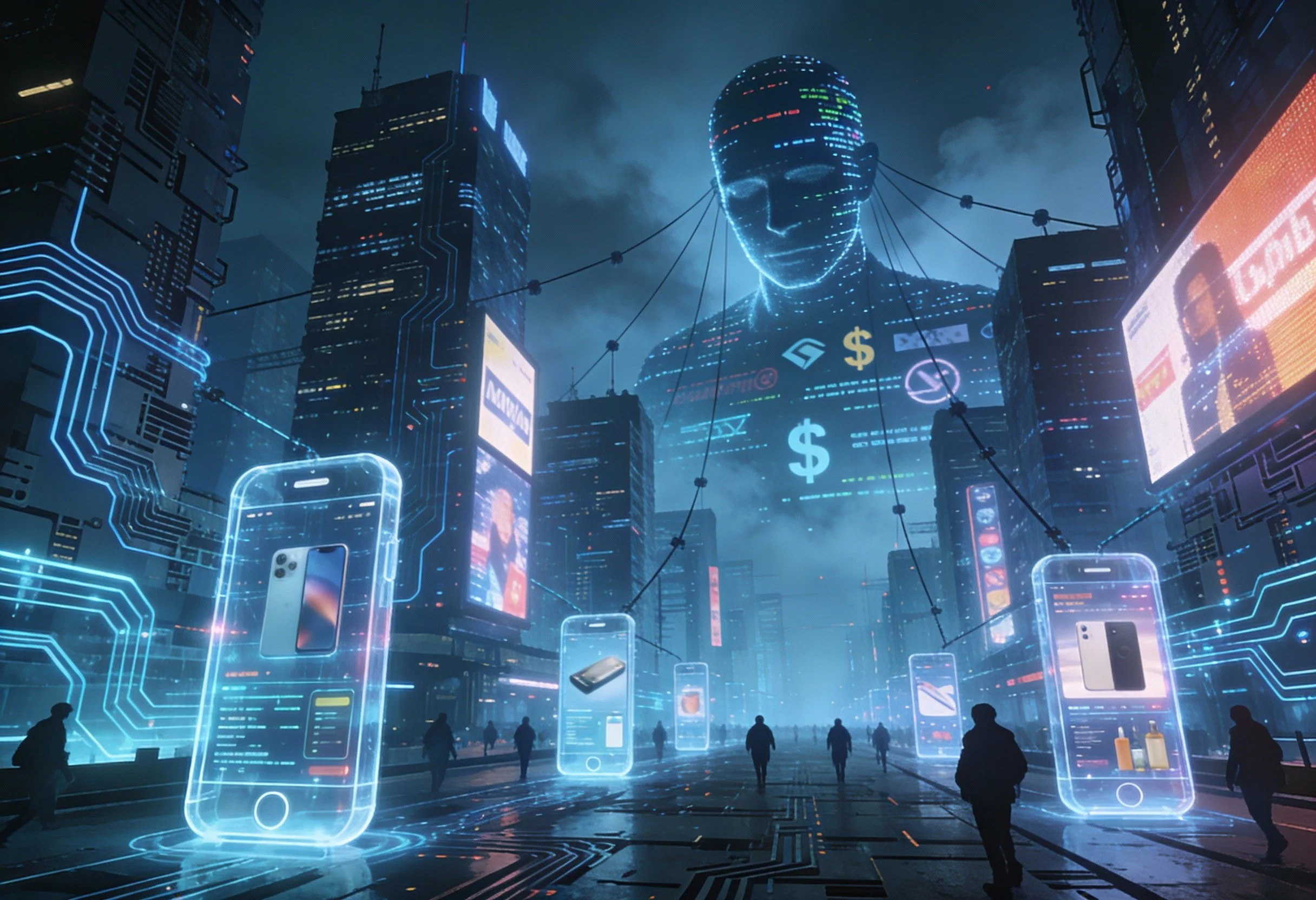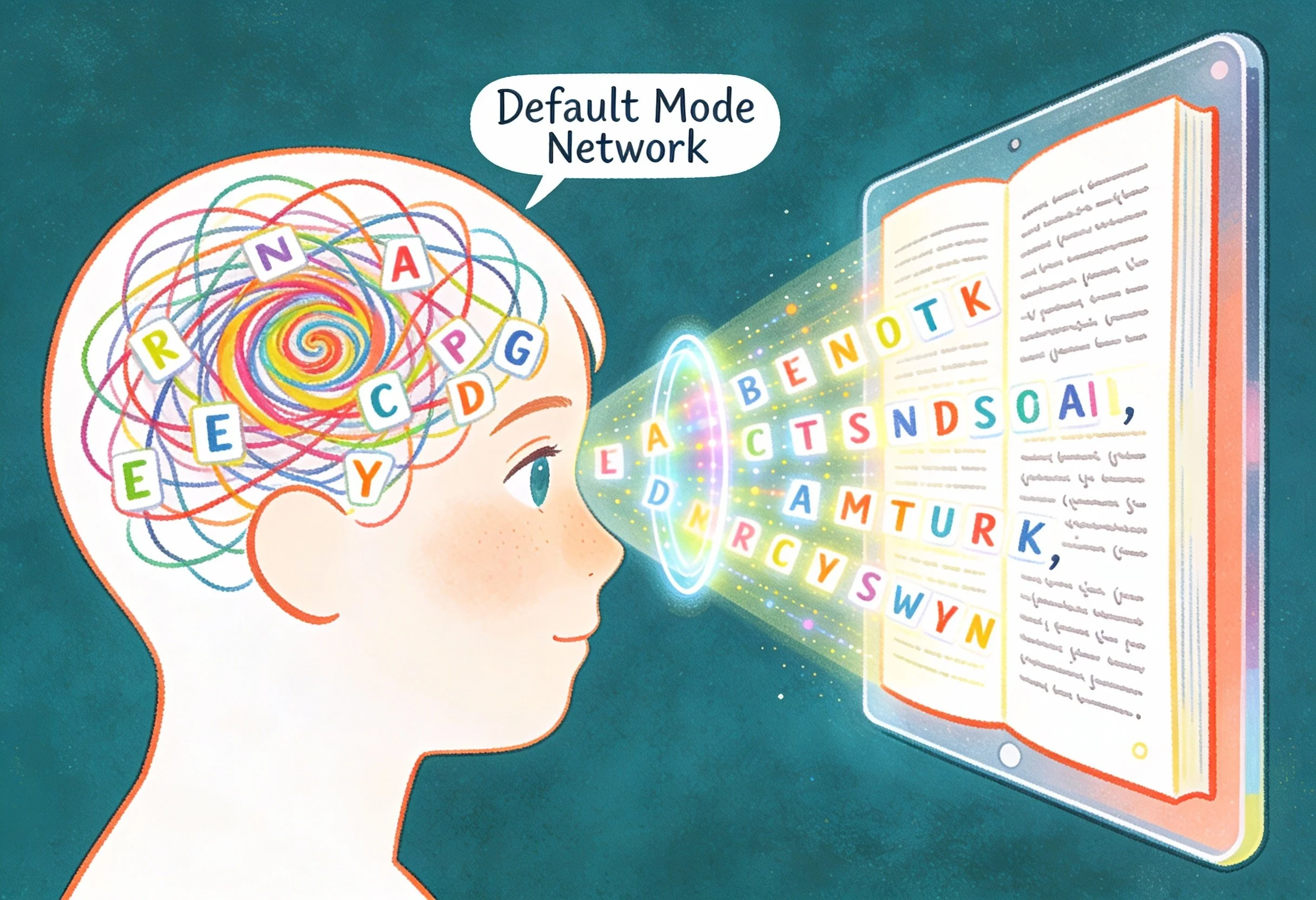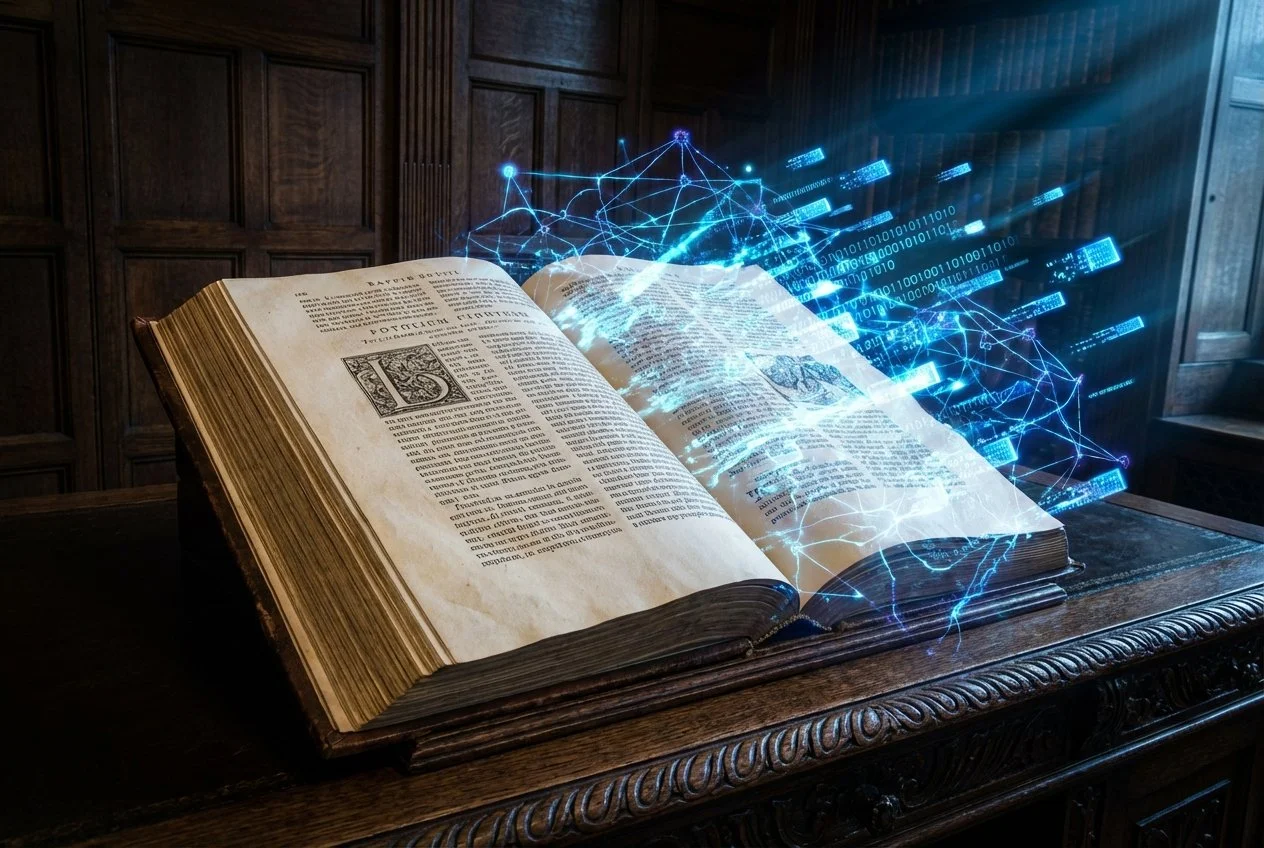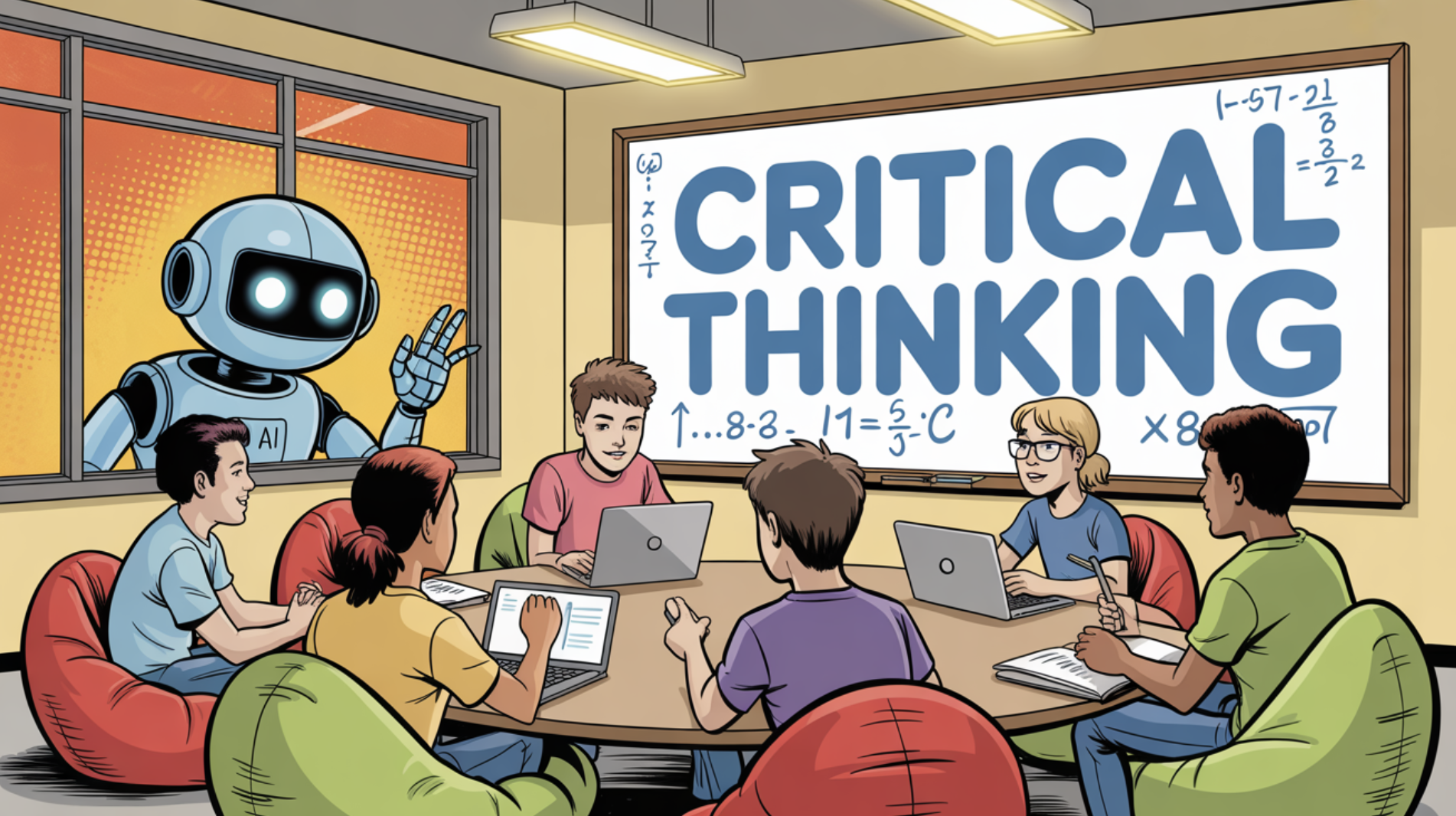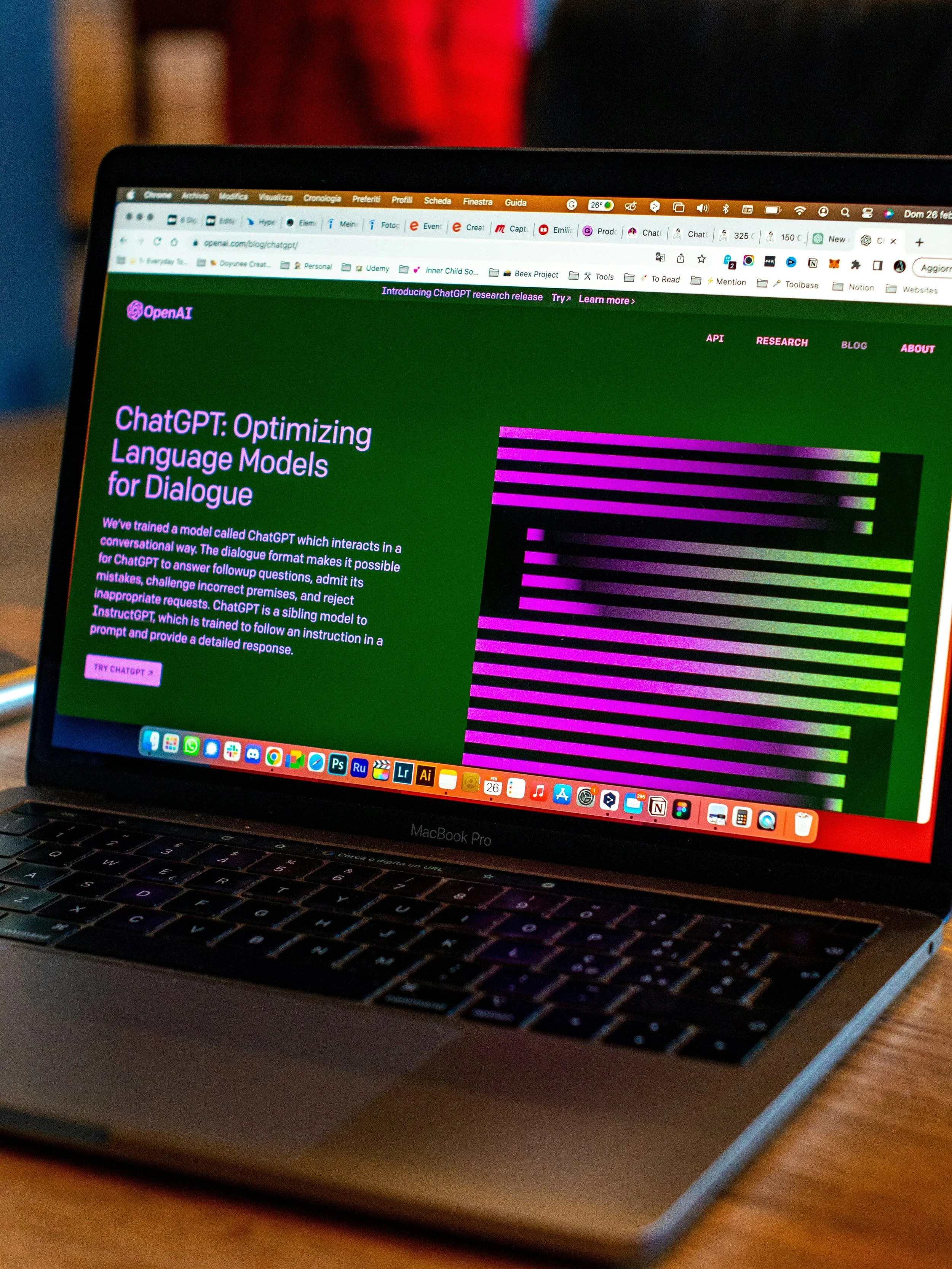Beyond Automation: Nurturing Human Wisdom in the Age of AI
Artificial intelligence (AI) is changing how we access knowledge by delivering vast amounts of data and insights instantly and at scale. Yet the real challenge for education isn’t the technology. It’s the humanity. As classrooms evolve with the influence of AI, educators face a pivotal choice: reduce learning to efficient information transfer or nurture the distinctly human skills that no machine can replicate.
Learning is more than memorizing facts; it’s curiosity, creativity, judgment, and ethical reasoning, qualities that define what it means to be human. Knowledge can be instant, but wisdom is cultivated over time through discernment, reflection, and empathy. The success of our next generation of leaders will depend not on how much knowledge they absorb, but on how wisely they apply it in partnership with technology.
Drawing on the principles outlined in The Automation Blindspot (Raissis, Laaraj, Short, Lyons, 2025), this article examines how AI can support education without replacing the human capacities that make learning meaningful.
Is Wisdom Still Important in an AI-Driven World?:
AI excels at delivering information, analyzing data, and offering predictive insights, but it cannot replicate human judgment, ethical reasoning, or creativity. Socrates tells us, “Wonder is the beginning of wisdom.” Wisdom operates at multiple levels, from individual decision-making to broader societal responsibility. Unlike knowledge, which AI can accumulate and process at unprecedented speeds, wisdom involves ethical discernment, moral reflection, and the capacity to navigate complex, uncertain situations (Raissis, Laaraj, Short, Lyons, 2025).
This distinction between human and machine capabilities is critical in workforce development. While AI can optimize operational efficiencies, only humans bring the judgment, ethical discernment, and creativity needed for responsible decision-making. Preparing learners and future leaders with digital literacy and clear frameworks for how and when to apply AI will define the next generation of effective leadership. By cultivating judgment and ethical reasoning in classrooms today, we equip learners to navigate AI-rich workplaces tomorrow, helping mitigate inequities and safeguard organizational culture.
From Knowledge Delivery to Wisdom Cultivation
Real-world classroom initiatives demonstrate both opportunities and responsibilities. When implemented intentionally, AI can empower learners, foster inclusivity , and reduce inequities. Across education levels, educators are actively redefining learning as a partnership between human wonder, or curiosity, and AI, shifting the focus from memorization to critical thinking, strategic reasoning, and creative problem solving.
An on-going initiative at Tulsa Public Schools (TPS) illustrates both the promise and the complexity of AI in K-12 classrooms. TPS adopted the AI reading tool Amira Learning across several elementary schools. In January 2025, they reported that 87% of participating students logged usage, and 68% met the weekly goal of 40 minutes or four stories, up from 48% usage and 32% meeting goals the year prior (Modersitski, 2025).
Yet the rollout also revealed tensions. At the Education Leadership Summit in Tulsa, school leaders acknowledged that while students are already using AI tools, the critical question is how to balance AI integration with maintaining critical learning and thinking skills (Brown, 2025). Representative Luke Chitwood calls out both optimism and complexity with his statement, “"This is cutting-edge stuff — it's something that across the district we're trying to figure out how to adapt, how to utilize it best" (Haskin, 2025).
AI in the classroom isn’t a simple plug-and-play. It introduces implementation friction requiring intentional design. Three tensions are already clear in the TPS example:
Efficiency versus Depth - AI improves workflow and reading practice training, yet Oklahoma still remains among the lowest ranked states in national indicators (Modersitski, 2025).
Teacher role and readiness - Automation shifts instructional dynamics, but teachers are still grappling with how to preserve human-led guidance (Brown, 2025).
Access and equity- High uptake is encouraging, but questions remain whether all students will benefit equally as the program scales.
Students must still apply judgment to make recommendations that address financial, ethical and operational dimensions as they make real world recommendations
The evolving TPS experience raises critical questions: What does it take to shift from knowledge delivery to cultivating wisdom? Where does AI help, hinder, or complicate that journey?
In the MSc Digital Brand Storytelling module at Royal Holloway, University of London, students use AI-driven simulations to explore complex strategic challenges such as market entry, cost vs. sustainability trade-offs, and supply chain resilience. AI supports predictive modelling and scenario analysis. However, students must still apply judgment to make recommendations that address financial, ethical and operational dimensions as they make real world recommendations. (Gill-Simmen, 2025).
These examples highlight promising ways educators are integrating and experimenting with AI. To understand the effectiveness of various approaches, researchers are also studying how AI impacts learning outcomes, critical thinking and student engagement.
What Research Tells Us
Recent studies provide compelling evidence on how AI can influence critical thinking, creativity, and learning outcomes, sometimes in unexpected ways. A systematic review by Zhai, Wibowo, and Li (2024) synthesized findings from 14 studies on students’ use of AI dialogue systems. They found that increased reliance on AI tools can diminish critical thinking due to cognitive offloading, a phenomenon where students rely on AI to perform tasks they might otherwise engage with themselves. This could be a student asking AI to summarize a reading assignment instead of analyzing it or having AI generate essay drafts without engaging and understanding the material. While use of AI improved students’ writing skills, self-confidence, and understanding of academic integrity, the authors cautioned that overuse may reduce creativity, weaken critical reasoning, and complicate ethical writing practices. What constitutes overuse is context-dependent, but even moderate AI dependency may subtly impact how students approach problem-solving.
Case study and meta-analytic findings echo these findings. Brazão and Tinoca (2025) observed that interactions with AI chatbots can enhance student learning, writing, and self-confidence while fostering higher-level questioning. Similarly, a meta-analysis by Wu and Yu (2024) of 24 randomized studies found that AI chatbots generally improved learning outcomes, with the strongest gains in higher education. But both studies also flagged that over-reliance on AI can suppress independent reasoning and creativity.
Further, MIT’s Media Lab’s 2025 study, “Your Brain on ChatGPT,” highlights potential cognitive costs of excessive AI use in writing tasks, including reduced neural engagement, memory retention, and creative thinking. While the long-term effects remain unclear, researchers emphasize a vital question for all classrooms: How can AI support learning without replacing teachers’ judgment and guidance?
Together, these findings raise critical questions for educators and policy makers. How can AI be integrated in ways that support learning without displacing the cognitive effort essential for deep understanding? Even if moderate reliance on AI can reduce neural activity that supports memory and creativity, what trade-offs are acceptable in designed AI-enhanced classrooms?
The research challenges the assumptions that AI integration is a straightforward fix and reinforces the need for responsible AI integration that preserves and augments human cognitive development and critical thinking. The tension between efficiency and cognitive development is real and measurable, and educators must grapple with this complexity. AI should be viewed as a tool to enhance cognitive development, not shortcut it. The challenge is: How do we design for responsibility, not replacement? How do we ensure that in an AI-rich classroom, students don’t outsource all their thinking?
Future Design of AI and Learning
AI is a can be a powerful enabler in education and beyond, but its value lies not in replacing human judgment, creativity, and ethical reasoning but in amplifying them. As AI reshapes learning, the question isn’t how to keep pace with machines, but how to teach the next generation to think critically, imagine boldly, and act wisely. Our call to action is clear: design AI-enriched learning experiences that foster curiosity, creativity, and discernment.
By integrating AI with intentional, human-centered principles, we can equip learners not only with digital fluency but with enduring wisdom and the ability to navigate complex challenges, make ethical decisions, and innovate responsibly. The evidence suggests AI integration may involve irreducible trade-offs between efficiency and cognitive development. Educators must decide which educational contexts warrant these trade-offs and which don't. Should some forms of learning remain deliberately AI-free? The success of our next generation of leaders will depend not on how much knowledge they absorb, but on how wisely they apply it in partnership with technology.
About the Author
Anastasia “Tracy” Raissis is a global leader in Responsible AI, governance, risk, and compliance, with over three decades of experience across fintech, banking, and emerging technologies. As Head of Strategy at AI 2030, Founder of Achillia Group, and adjunct faculty at Union College of Union County, NJ (UCNJ), she champions the integration of transformative innovation with ethical, strategic, and regulatory excellence to drive responsible growth, strengthen public trust, and shape future-ready governance.
References:
AI 2030. (2024). Responsible AI framework: Principles for human-centered, inclusive, accountable, and socially beneficial AI. AI2030. https://ai2030.org/
Brazão, P., & Tinoca, L. (2025). Artificial intelligence and critical thinking: A case study with educational chatbots. Frontiers in Education. https://doi.org/10.3389/feduc.2025.1630493
Brown, J. Educators and industry leaders collaborate at Tulsa summit for AI-driven future education. KTUL. https://ktul.com/news/local/educators-and-industry-leaders-collaborate-at-tulsa-summit-for-ai-driven-future-education-summit-classroom-student-artificial-inteliigence-importance-integration-critical-learning-thinking
Gill-Simmen, L. (2025, February 26). AI and creativity: A pedagogy of wonder. AACSB Insights. https://www.aacsb.edu/insights/articles/2025/02/ai-and-creativity-a-pedagogy-of-wonder
Haskin, C. (2025, April 28). Tulsa Public Schools talks adding AI to class with Trump's Executive Order. KJRH. https://www.kjrh.com/news/local-news/tulsa-public-schools-talks-adding-ai-to-class-with-trumps-executive-order
MIT Media Lab. (2025). Your brain on ChatGPT: Accumulation of cognitive debt when using an AI assistant for essay writing task. MIT Media Lab. https://www.media.mit.edu/projects/your-brain-on-chatgpt/overview/
Modersitzki, T. (2025, January 31) Tulsa schools’ AI teaching tool boosts reading success amid state education challenges. KTUL.. https://ktul.com/news/local/tulsa-schools-ai-teaching-tool-boosts-reading-success-amid-state-education-challenges-failing-grades-schools-ryan-walters-public-school-tps-carnegie-elementary-dr-edbony-johnson-crisis-in-the-classroom-amira-learning-artificial-intelligence-education
Raissis, A., Laaraj, Z., Short, C., & Lyons, C. (2025). The Automation Blindspot: What AI can't replace and why it matters. AI Journal. https://aijourn.com/the-automation-blindspot-what-ai-cant-replace-and-why-it-matters/
Wu, R., & Yu, Z. (2024). Do AI chatbots improve students’ learning outcomes? Evidence from a meta-analysis. British Journal of Educational Technology. https://bera-journals.onlinelibrary.wiley.com/doi/10.1111/bjet.13334
Zhai, C., Wibowo, S., & Li, L. D. (2024). The effects of over-reliance on AI dialogue systems on students’ cognitive abilities: A systematic review. Smart Learning Environments, 11(28). https://slejournal.springeropen.com/articles/10.1186/s40561-024-00316-7



